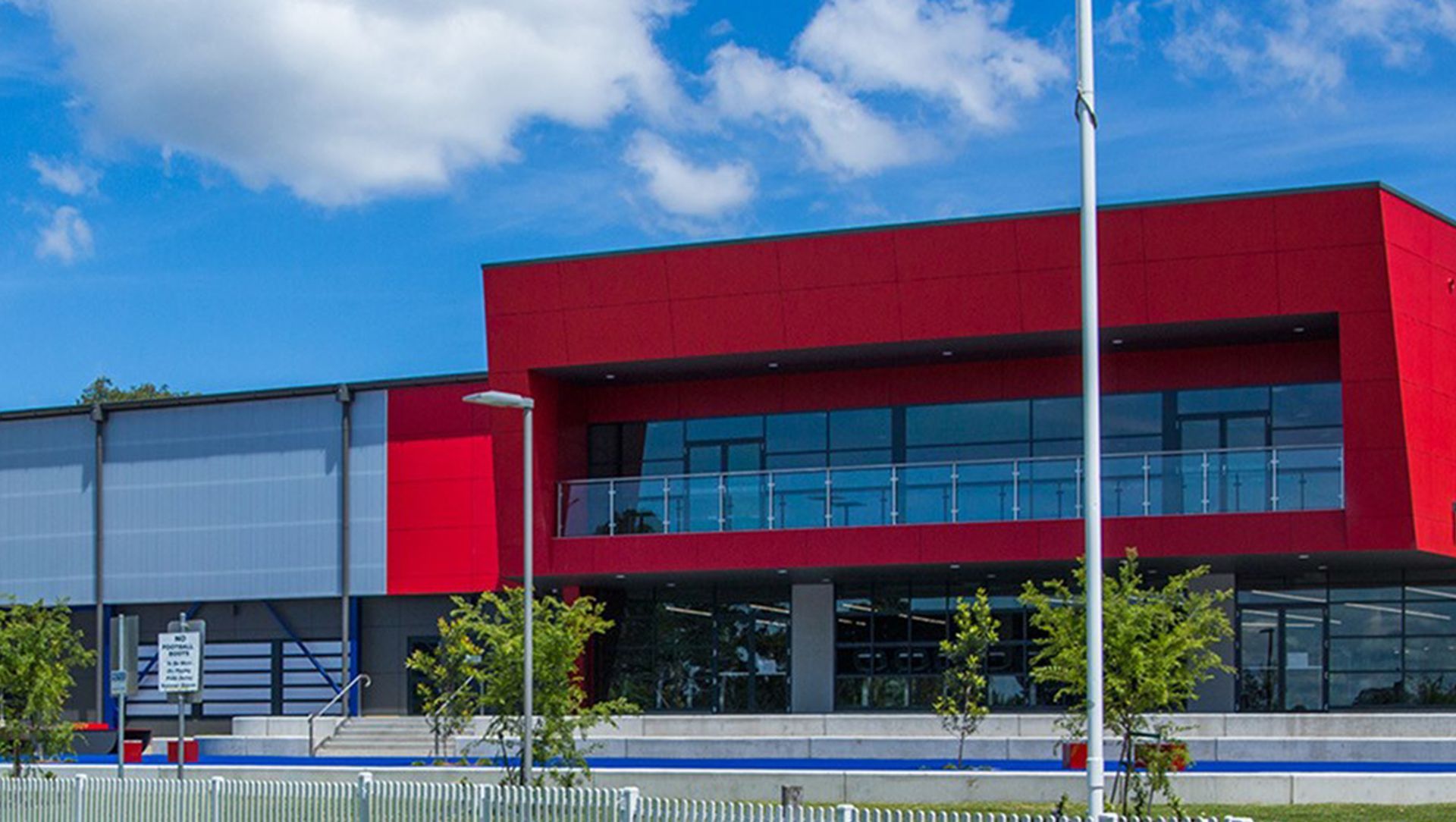About
Hornsby Community Space.
ArchiPro Project Summary - Hornsby Community Space: A vibrant multi-purpose facility featuring a bold façade, designed to meet community needs and enhance local engagement, incorporating innovative Cemintel cladding for a striking aesthetic and efficient construction.
- Title:
- Hornsby Community Space
- Manufacturers and Supplier:
- CSR Cemintel
- Category:
- Community/
- Sports and Recreation
Project Gallery
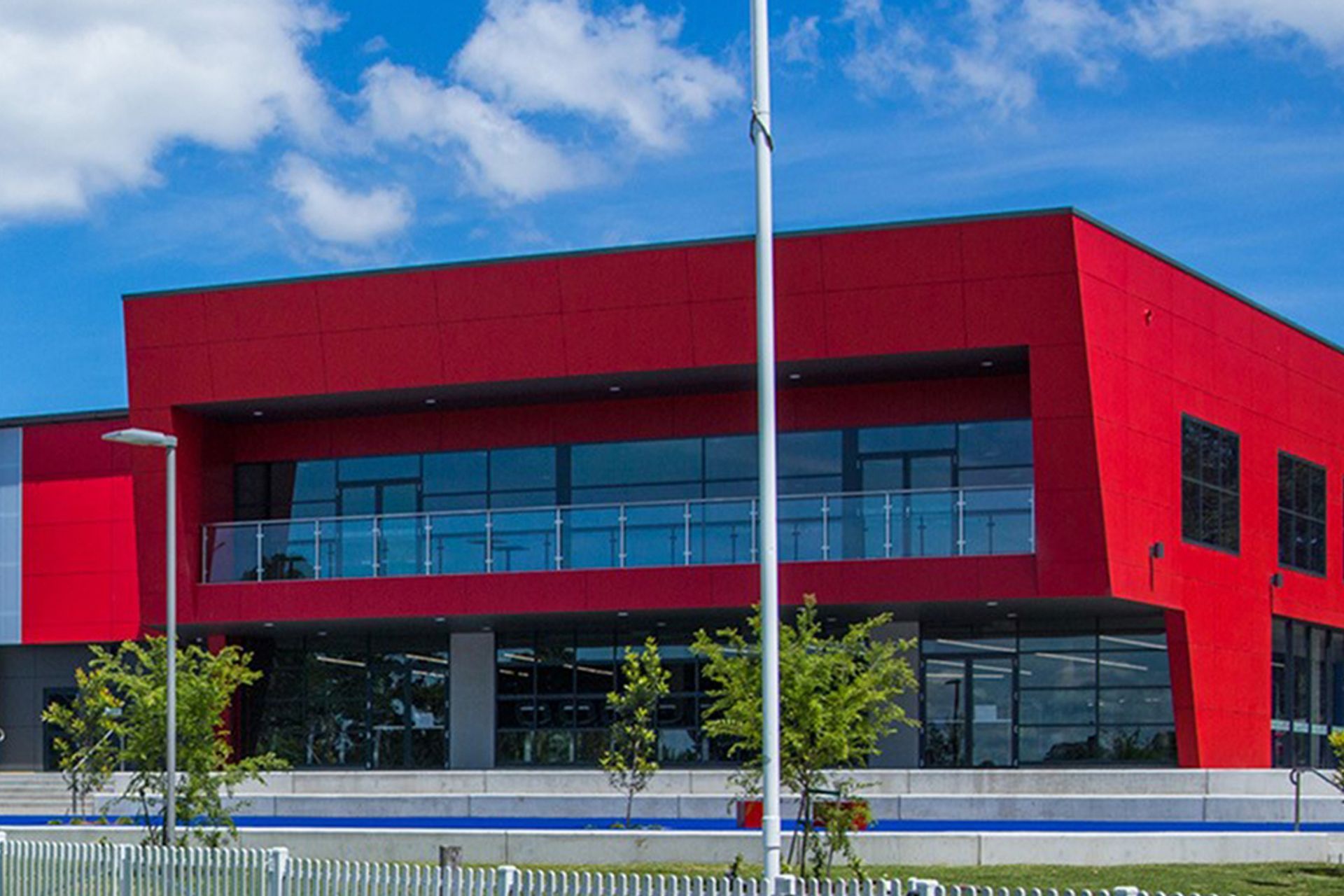
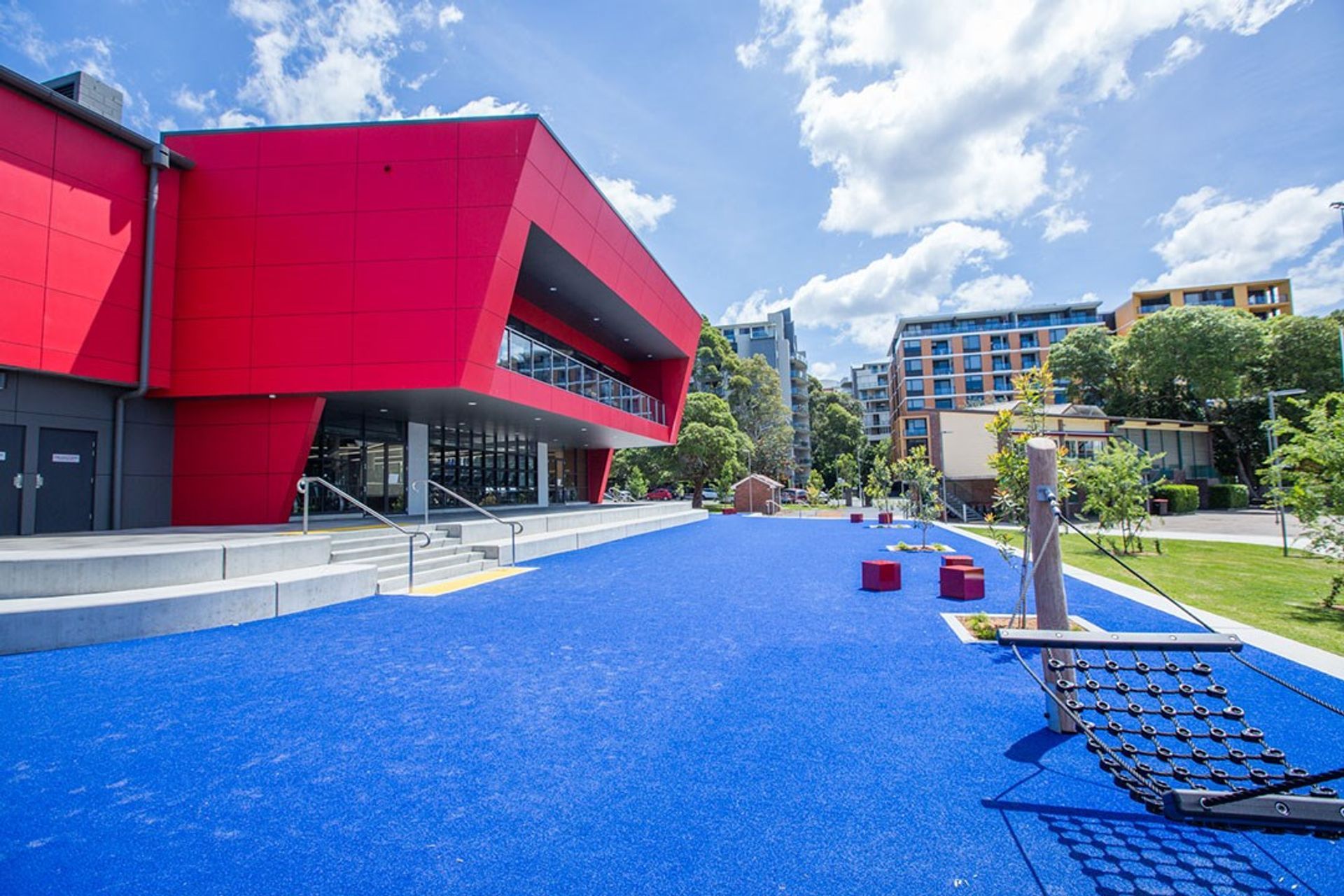
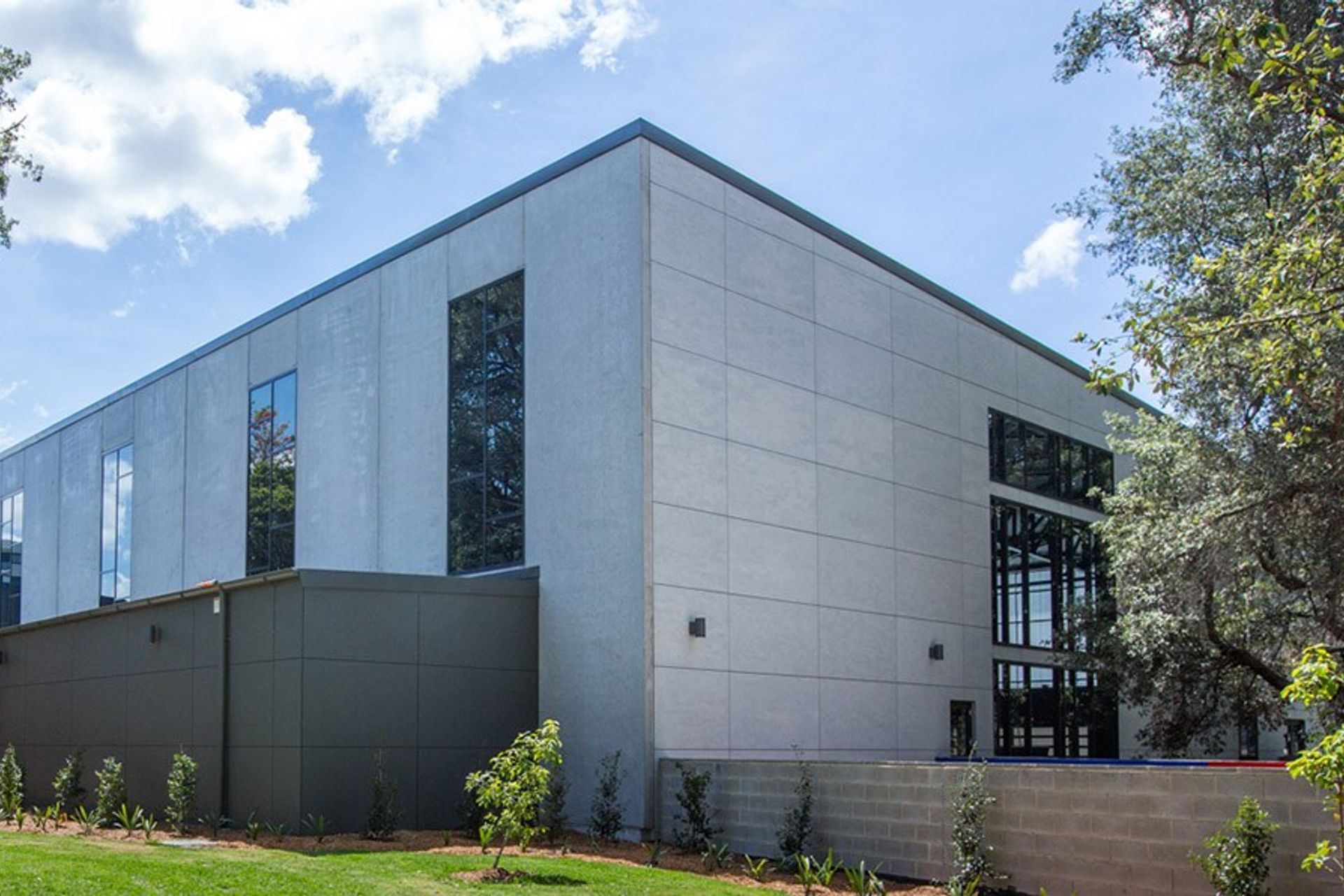
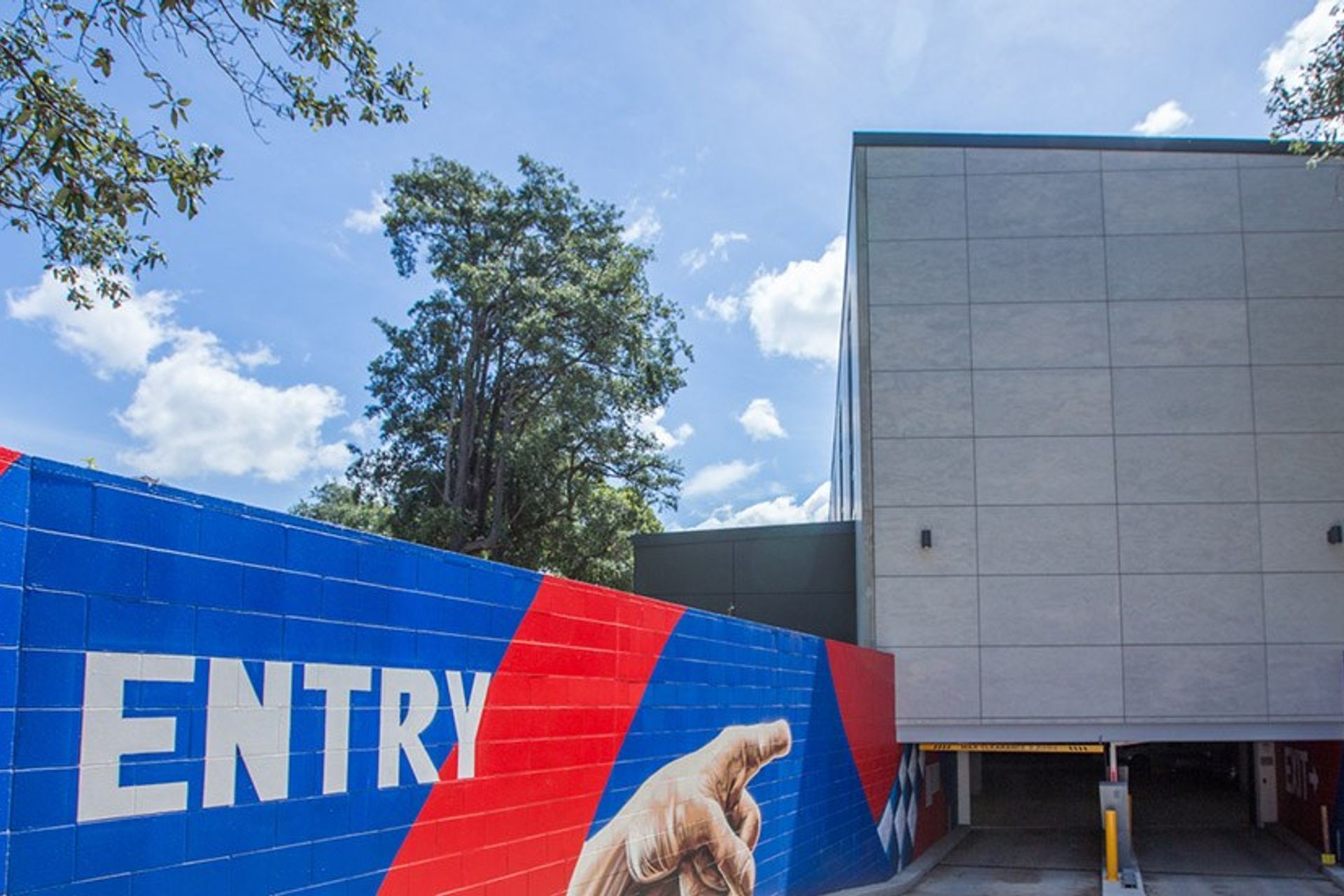
Views and Engagement
Professionals used

CSR Cemintel. CSR Cemintel are the fibre cement and lightweight composite solution specialists. With design and innovation as our central drivers, Cemintel offers engineered systems around prefinished solutions that enhance performance and aesthetics, as well as traditional internal lining products. Our passion is to help Kiwis design right, and build better.
Cemintel fibre cement is changing the face of design and innovation in Australia. Tapping into global design trends, Cemintel brings the best the world has to offer to the Australian market – providing the latest designs fused with innovative new approaches. Cemintel is part of CSR – the brand behind the most trusted building products. Cemintel has a progressive approach to fibre cement built around a team of experts, including; technical support, engineers and building designers. For our clients, it means you’re getting the best products paired with the best experience.
Cemintel - Cement Intelligence
With unparalleled design flexibility, fibre cement is perhaps one of the most flexible building materials available today. Through innovation and intelligence with cement panels, Cemintel offers a range of products, systems and services that inspire, giving choice and real design flexibility to create striking points of difference.
Unparalleled Design Flexibility
Fibre cement is perhaps one of the most flexible building materials available today.
It can be manufactured in numerous panel sizes and thicknesses.
It can be cut into various shapes and patterns.
It can be compressed for high strength applications.
It can be used in acoustic systems.
It can be used as a superior wet area lining product.
It can be painted.
It can be tiled.
It can be used for fire resistance applications.
New materials influence the way buildings are defined. Cemintel is responding to the growing importance of external and internal cladding with the release of new prefinished ranges. These ranges respond to the preference for high performance, lightweight materials and the desire for buildings to enhance the environment where we live. From external façades to interior surfaces, these ranges are a reinterpretation of cladding as we know it.
It’s the future of building and it starts now.
An Idea Born From Imagination
The father of fibre cement, Ludwig Hatschek, started to imagine a new building material in 1894. He wanted a material that was lighter than brick, cheaper than slate and better than sheet metal.
In 1900, he achieved his breakthrough with a special mix of fibres, cement, pulp, air and water. The Austrian calls the world’s first industrially manufactured building material ‘Eternit’ and numerous European countries adopted the technology from 1903. Australia first introduced the technology in about 1917.
Year Joined
2022
Established presence on ArchiPro.
Projects Listed
20
A portfolio of work to explore.
Responds within
9hr
Typically replies within the stated time.
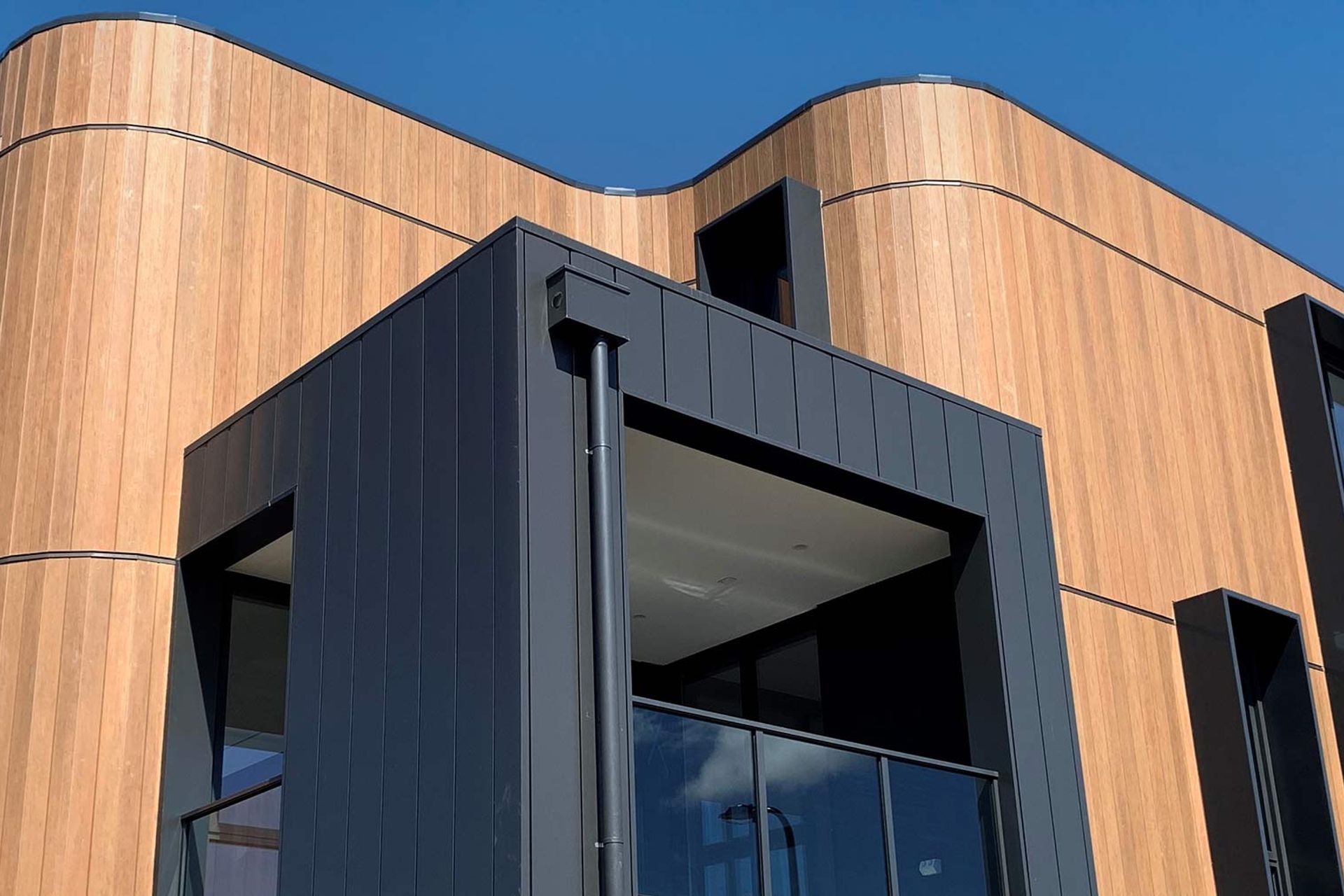
CSR Cemintel.
Profile
Projects
Contact
Project Portfolio
Other People also viewed
Why ArchiPro?
No more endless searching -
Everything you need, all in one place.Real projects, real experts -
Work with vetted architects, designers, and suppliers.Designed for New Zealand -
Projects, products, and professionals that meet local standards.From inspiration to reality -
Find your style and connect with the experts behind it.Start your Project
Start you project with a free account to unlock features designed to help you simplify your building project.
Learn MoreBecome a Pro
Showcase your business on ArchiPro and join industry leading brands showcasing their products and expertise.
Learn More